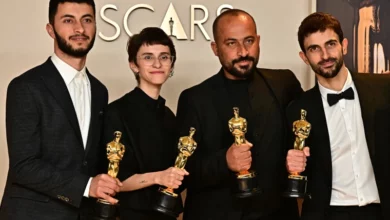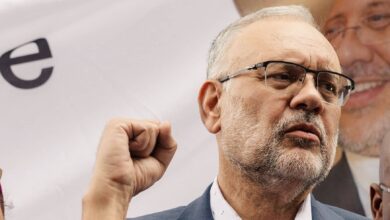
Meta has now joined the fray, asking California’s Attorney General Rob Bonta to stop OpenAI from transitioning into a for-profit company. In a letter, Meta said OpenAI’s transition would be “wrong” and set a concerning precedent that other startups could also leverage their charitable status until they become profitable.
The move follows a similar legal challenge from Elon Musk in November that also ramps up the pressure over OpenAI’s future. According to a letter published by The Verge, Meta said that OpenAI “had used its nonprofit status to solicit immense investment for its technology while now attempting to convert to take advantage of private gain”.
It added that allowing the conversion of OpenAI “would permit the unfair exploitation of resources built up under its charitable foundation”. Additionally, the company called for an investigation into OpenAI’s past practices as a nonprofit, raising questions about how the organization has managed its assets and commitments.
Meta has sided with Musk to that effect. The letter went as far as declaring support for Musk and Shivon Zilis in their attempt to represent the public interests in the lawsuit Musk brought back to life in August, regarding OpenAI’s status change with the resources it had gathered from the initial mission.
To the uproar, OpenAI said it would restructure responsibly. The nonprofit arm, he said, would remain intact, retaining full value for its current stake in the for-profit entity. OpenAI said its mission to advance artificial intelligence for the benefit of humanity doesn’t change, though it has retained legal and financial advisers to consider next steps.
Last week, OpenAI released a timeline highlighting past communications from Musk, revealing that he had previously advocated for the organization to adopt a for-profit structure during his leadership. This revelation adds complexity to the dispute, hinting at long-standing tensions about OpenAI’s direction.
The controversy surrounding OpenAI’s status underscores a broader debate about the balance between innovation and ethical responsibility within the AI industry. Critics, including Meta and Musk, say OpenAI is undermining confidence in nonprofits by siphoning off charitable resources for private gain. For its part, OpenAI says the changes are necessary to attract financing and scale its mission.
The dispute reflects the high stakes in the race for dominance in AI, as technology giants and industry leaders navigate the challenge of balancing profit, public trust, and technological progress. If settled, this case could potentially set a legal precedent as more AI startups attempt to thread that thin line between nonprofit roots and for-profit aspirations.



